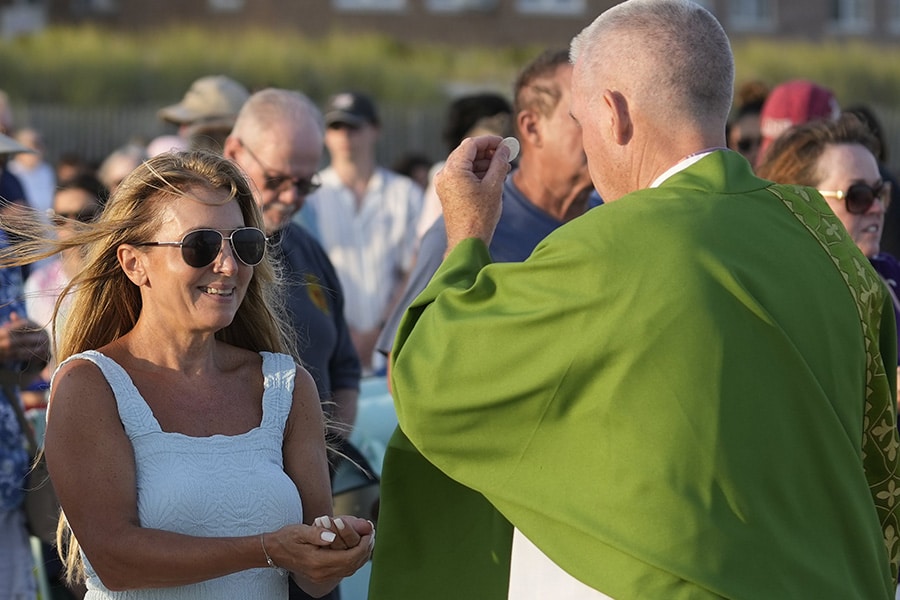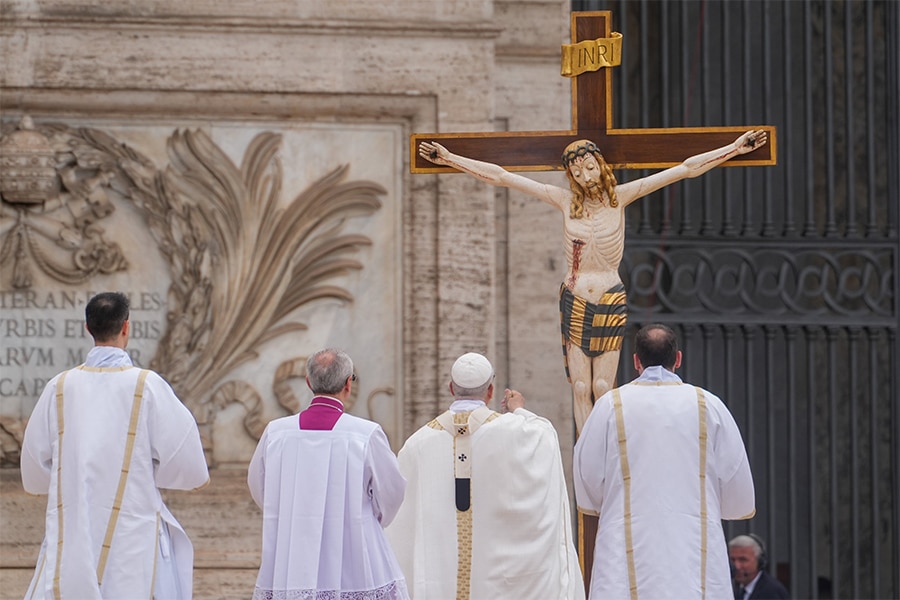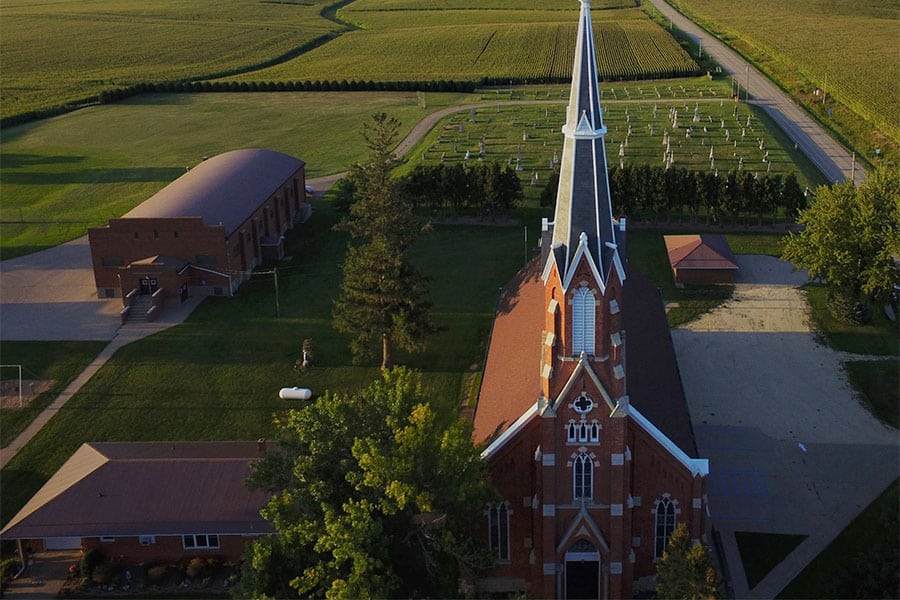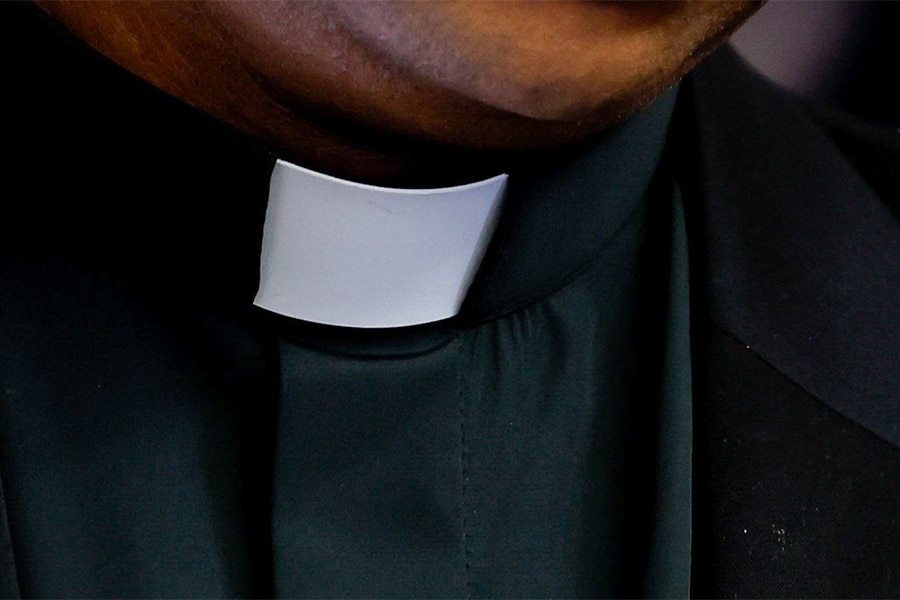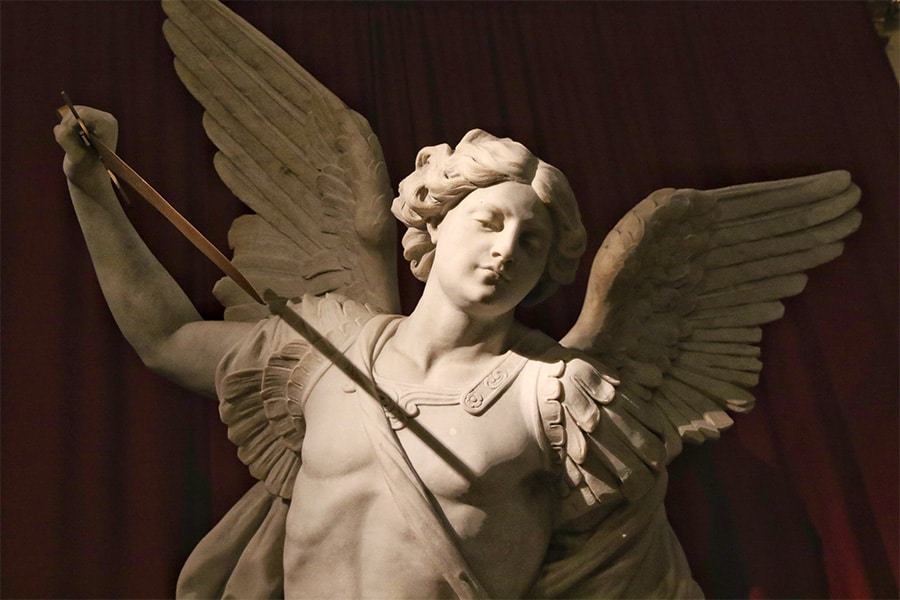Q: What does it mean to be a “consecrated virgin”? What are the rights and duties of the designation? And what is the process of becoming a “consecrated virgin”?
A: The Code of Canon Law defines consecrated virgins as chaste and never-married women who “through their pledge to follow Christ more closely, … are consecrated to God, mystically espoused to Christ and dedicated to the service of the Church, when the diocesan Bishop consecrates them according to the approved liturgical rite” (Canon 604).
Consecrated virginity is the oldest form of consecrated life in the church, predating the development of religious life by several centuries. Since apostolic times, there have always been women who chose to renounce marriage in order to dedicate their lives and hearts more fully to Jesus. For this reason, they were traditionally called and formally recognized by the church as “brides of Christ.”
Since at least the fourth century, if not even earlier, the church has had a special liturgical ritual — distinct from but in some respects parallel to priestly ordination — for bishops to solemnly consecrate women to a life of virginity. Many of our earliest female martyr saints — such as Sts. Agatha, Agnes, Lucy and Cecilia, who are named in one of our eucharistic prayers at Mass — are considered consecrated virgins.
With the development of religious orders in late antiquity, the custom of consecrating women outside of monasteries gradually fell out of practice, and by the Middle Ages the church no longer had consecrated virgins “living in the world.” But in the mid-twentieth century, the Second Vatican Council document “Sacrosanctum Concilium” called for a revision of the ancient rite of consecration to a life of virginity, and in 1970 the new ritual was promulgated. And so in a situation similar to the revival of the permanent diaconate, the vocation of consecrated virginity was restored to the life of the modern church.
In 2018, the Vatican issued a document called “Ecclesiae Sponsae Imago,” or ESI, which provided bishops with more detailed guidance on this state of life, covering topics such as the discernment of vocations, formation and the life and mission of consecrated virgins.
Consecrated virginity is a unique vocation for women in that it is centered in the local diocesan church rather than a particular group or religious community. The diocesan bishop is the one who accepts women into this state in life, and who ultimately serves as the “superior” of consecrated virgins in his diocese. In general, consecrated virgins are called to pray for the needs of their diocese and to serve the needs of their local church according to their own specific gifts and talents.
In paragraphs 80–103, “Ecclesiae Sponsae Imago” describes the formation process for aspiring consecrated virgins as lasting between three to five years. Formation for consecrated virginity is envisioned as involving, among other elements: personal mentorship and spiritual direction, some level of academic theological study and a gradual adoption of the lifestyle of a consecrated virgin.
In terms of a consecrated virgin’s duties and obligations, the introduction to the rite of consecration to a life of virginity states: “They are to spend their time in works of penance and of mercy, in apostolic activity, and in prayer, according to their state in life and spiritual gifts.”
“Ecclesiae Sponsae Imago” more specifically describes consecrated virgins as having an obligation to pray the Liturgy of the Hours (ESI 34) and to attend daily Mass in regions where this is possible (ESI 32). Consecrated virgins are also expected to live a relatively ascetical life, discerning the concrete penitential practices with their confessor or spiritual director (ESI 36).
Consecrated virgins do not make vows of poverty and obedience in exactly the same way as religious sisters do. However, consecrated virgins are still called to live in a spirit of evangelical poverty (ESI 27) and to co-discern major aspects of their life and mission with their bishop. (ESI 28).


